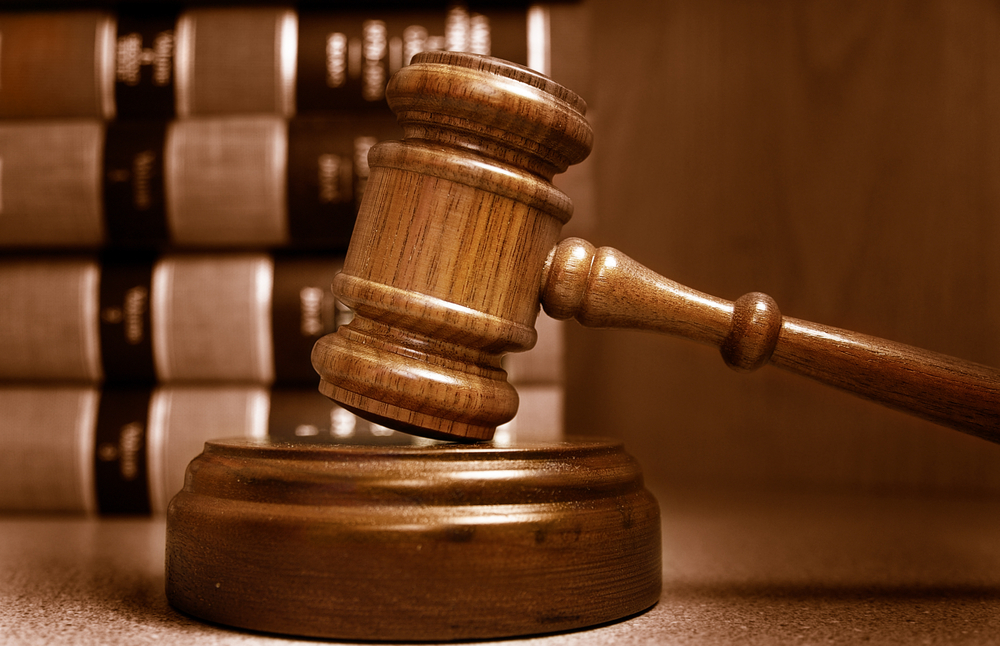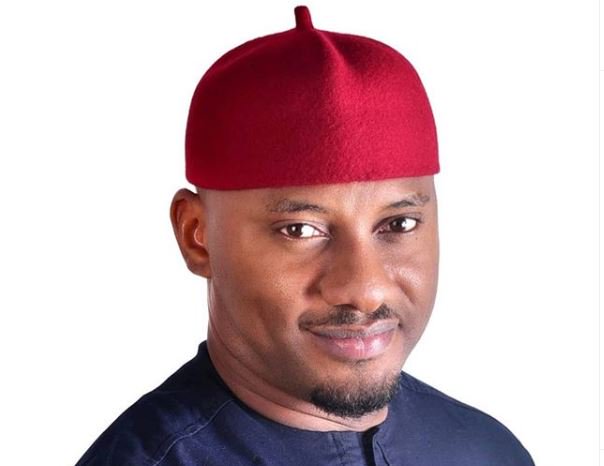The Nigeria Labour Congress has rejected the proposed hike in pump price of fuel to N340 per litre from 2022.
It warned that an increase in the price of petrol will lead to hyper-inflation and an astronomical rise in the cost of goods and services.
Besides, the trade union said talks over petrol subsidy with the government was inconclusive.
The NLC in a statement by its President Ayuba Wabba, restated its rejection of deregulation based on an import-driven model.
The statement reads in part: “The response of the Nigeria Labour Congress is that what we are hearing is the conversation of the Federal government with neo-liberal international monetary institutions.
“The conversation between the government and the people of Nigeria, especially workers under the auspices of the trade union movement on the matter of fuel subsidy, was adjourned sine die so many months ago.
“Given the nationwide panic that has trailed the disclosure of the monologue within the corridors of government and foreign interests, the Nigeria Labour Congress wishes to posit that it continues to maintain its rejection of deregulation based on import driven model.
“It is difficult to convince Nigerian workers why our dear country is the only country among the OPEC member countries that cannot produce its own refined petroleum products and thus adopts the neo-liberal import production model of refined petroleum products.
“We wish to reiterate our persuasion that the only benefit of deregulation based on the import-driven model is that Nigerian consumers will infinitely continue to pay high prices for refined petroleum products.
“This situation will definitely be compounded by the astronomical devaluation of the naira, which currently goes for N560 to 1US$ in the parallel market.”
NLC believes that any attempt to compare the price of petrol in Nigeria to other countries would be set on a faulty premise.
It said such a comparison would be akin to comparing apples to mangoes.
NLC added: “The contemplation by the government to increase the price of petrol by more than 200 per cent is a perfect recipe for an aggravated pile of hyper-inflation and astronomical increase in the price of goods and services.
“This will open a wide door to unintended social consequences such as degeneration of the current insecurity crises and possibly citizens’ revolt. This is not an outcome that any sane Nigeria wishes for.
“The argument that the complete surrender of the price of petrol to market forces would normalise the curve of demand and supply as is being wrongly attributed to the current market realities with cooking gas, diesel and kerosene is very obtuse.
“The truth is that these commodities which Nigeria can easily produce have been priced out of the reach of most Nigerian families with the majority of our people resorting to tree felling and charcoal for their energy needs.
“Finally, we wish to warn that the bait by the government to pay 40 million Nigerians N5000 as a palliative to cushion the effect of the astronomical increase in the price of petrol is comical, to say the least.
“The total amount involved in this queer initiative is far more than the money government claims to spend currently on fuel subsidy.
“Apart from our concerns on the transparency of the disbursement given previous experiences with such schemes, we are wondering if the government is not trying to rob Nigerians to pay Nigerians? Why pay me N5000 and then subject me to perpetual suffering?”
According to the Congress, the government’s decision to remove the petrol subsidy is “cloudy”.
“Clearly, government thoughts on the so-called removal of fuel subsidy is cloudy and appears to be a ‘penny wise-pound foolish’ gamble.
“It is clear that the palliative offered by the government will not cure the cancer that will befall the mass of our people who suffer the double jeopardy of hype-inflation while their salaries remain fixed.
“As we had done several times, we call on the Federal Government to consider various options that can help Nigeria navigate out of the quagmire constructed by the failure of successive governments to embrace developmental governance and accountable leadership. Some of the viable options that can help include:
“Insulate the domestic consumers from the market pressure brought about by the free fall of the naira by arranging with contiguous refineries not far from Nigeria to swap crude oil with refined petroleum products;
“Accelerate work on the rehabilitation of Nigeria’s four major refineries which are all currently operating at near-zero installed capacity; and
“Establish empirical data on the quantity of refined petroleum products consumed daily by Nigerians.
“It is unfortunate that this record remains a myth and a huge crater for all manner of official sleaze and leakages in the downstream petroleum sub-sector of Nigeria’s oil and gas industry.”
Meanwhile, the Senate Committee on Finance has said there is no provision for monthly N5000 transport grant to 40 million poor Nigerians in the 2022 budget currently being considered by the National Assembly.
Chairman of the Senate Committee on Finance, Adeola Olamilekan Solomon, said the 2022 budget proposal contains fuel subsidy, but no provision for the proposed N5000 transport grant, which amounts to N2.4 trillion annually.
Solomon stated this while speaking with newsmen after presenting his panel’s report on 2022 budget to the Appropriations Committee. He said before the executive could embark on such intervention, a proposal to that effect must be sent to the National Assembly for approval.
“The Minister of Finance, Budget and National Planning was quoted to have said that 40 million Nigerians would be paid N5000 as transportation allowance in lieu of the fuel subsidy.
I don’t want to go into details for now. I believe that if such proposal is to come to pass, a document to that effect must be sent to National Assembly for us to see how possible it is and how do we identify the 40 million Nigerians that are going to benefit.
There are still a lot of issues to be deliberated upon and looked into if eventually this will come to pass. How do we raise this money to pay these 40 million Nigerians because I know that even the federal government revenues are from this so-called oil and other sources.
We don’t have anywhere in the budget where 40 million Nigerians will collect N5000 monthly as transportation allowance totaling N2.4 trillion.
I know that there must be a budgetary provison for this for us (National Assembly) to consider. That is why I said it is still a news out there until it is formally sent to the National Assembly for either a virement to the budget or reordering of the budget.”



